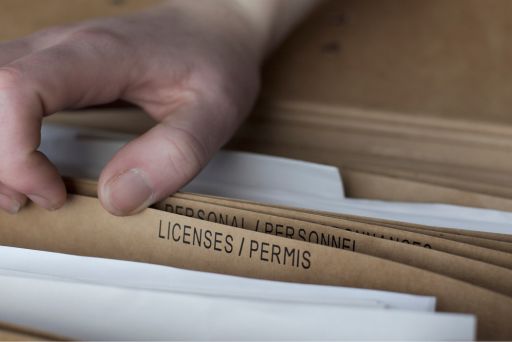Whether you’re brand new at blogging, or you’ve been at it for a while, the importance of creating and sticking to a budget for your blog cannot be overemphasized. A blog business can be inexpensive to run and highly profitable, or just the opposite. Keeping close track of your blog finances is just the ticket to maximize those profits.
Here’s how to create a budget for your blog in a few simple steps:
- Decide on your method. The budget for your blog doesn’t have to be anything fancy or over the top. It can be scratched out on paper with a pencil, laid out in a spreadsheet, or created using business accounting software, like Quickbooks. It’s best to determine a length of time your budget will be used for, whether it be monthly, quarterly, or annually. However, keeping a monthly budget for your blog is the best way to stay on track and monitor expenses closely, so if you create a longer budget, plan to track monthly expenses as well.
- Plan for expenses. A blog budget is viewed and tracked in a spreadsheet form. If you begin with a one page spreadsheet, the first category you’ll want to put in is your fixed expenses. These will include any subscription expenses, domain hosting, monthly costs of maintaining your blog, portions of your internet and phone bill, and the like. Next are your variable expenses which would include things like materials for certain blog posts, conference fees, graphic design fees, etc. Basically anything that changes from month to month will go into your variable expenses.
- Lay out your Budgeted Expenses. You can determine your budgeted expenses by averaging past expenses in each category. These expenses will likely change from month to month as different needs for your business arise. If you are just starting your blog, you may want to invest more up front to get things up and running, or you might choose to wait until your blog is more profitable to invest more money. Either way, these expenses need to be factored into the budget for your blog.
- Forecast your monthly revenue and place it in a subheading called budgeted income. Then, at the end of the month add up what you made from your blog. Be sure to factor in all your streams of income, such as ads, sponsored posts, Google Adsense, Blog Her, Etsy shop, services, etc. Place you actual expenses and actual income in a column next to the budgeted sections and compare the two at the end of the month.
- Determine the difference between budgeted income/expenses and actual income/expenses. You’ll want to calculate the difference between the two and place the figures in a difference column off to the side. This is the number you’ll want to reflect on at the end of each month. By determining the reason for the difference, you can either identify a potential problem and fix it, or capitalize on a potential opportunity you had not noticed. Ideally, you’re actual expenses come in at less than your budgeted expenses, and vice versa for income.
- Adjust Accordingly. It is important to identify why your budgeted and actual expenses and income don’t match and make changes accordingly in next month’s small business budget. You may need to spend more during some months, and you may also plan to make less in other months.
While creating a budget for your blog is completely doable for any blogger, it’s best to consult a professional CPA or financial advisor to help you get started on your budget and factor in any important legal and financial obligations you may have with the IRS. Keeping track of your blog income and expenses will help you be as profitable as possible.
Love this post in our Business of Blogging Series? You might also enjoy:
Separating the Blogging Myths from the Blogging Truths
Deciding on a Business Entity for your Blog
Obtaining a Tax ID Number and Proper Licenses to Run Your Blog Business
Start Making Money on Your Blog
Creating and Maintaining an Organized Bookkeeping System for Your Blog
Tracking Blog Expenses the Right Way
Making Smart Investments in Your Blog Business
Paying Estimated Quarterly Taxes for Your Blog Business
Hiring an Expert to Manage Your Blog Finances



 A huge part of putting an organized
A huge part of putting an organized 


 An organized bookkeeping system is arguably the most critical component of monetizing a blog business. It doesn’t matter if you’re making boocoo bucks on your blog if you aren’t tracking money coming in and money going out. Here’s how we suggest you manage your time when you’re taking care of your own
An organized bookkeeping system is arguably the most critical component of monetizing a blog business. It doesn’t matter if you’re making boocoo bucks on your blog if you aren’t tracking money coming in and money going out. Here’s how we suggest you manage your time when you’re taking care of your own 














